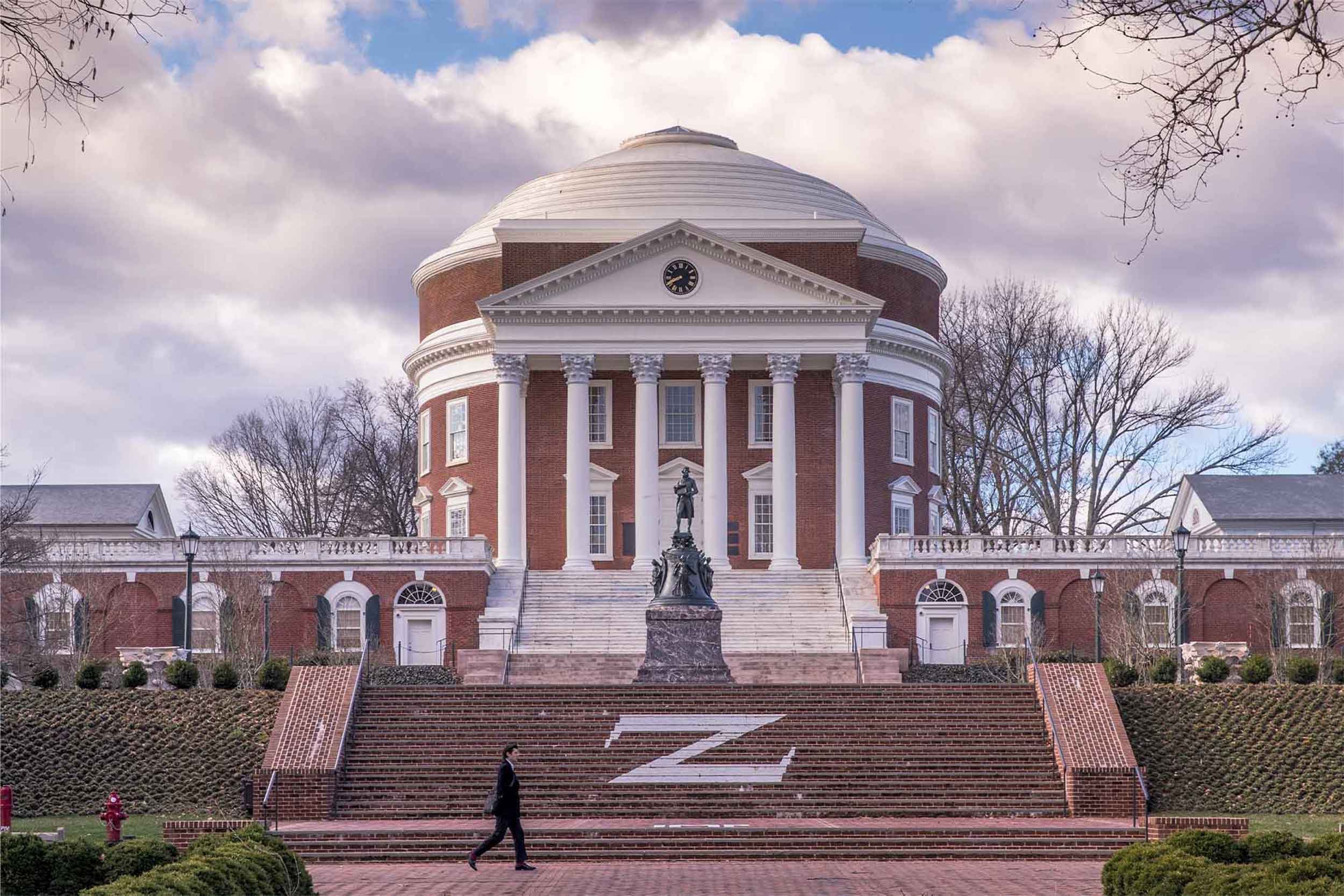“The Community Safety Working Group took up their charge during a difficult time, with violence hitting close to home on Grounds and in our community,” UVA President Jim Ryan said. “Their comprehensive recommendations provide tangible steps toward a safe, thriving community, and I look forward to working with our partners to implement their proposed actions. I’m grateful to leaders in Albemarle County and the City of Charlottesville, and to the members of the working group, who all contributed their time, expertise and perspective to make sure that our community remains a safe place to live, work and learn.”
“Collaborating with our partners in the City of Charlottesville, Albemarle County and other facets of the surrounding community on this project is an important part of being good neighbors and committing to the safety of everyone who lives, works and studies in the region,” Claudia Allen, co-chair of the Community Safety Working Group, said. “We’re grateful for the partnership of the working group members, as well as our counterparts within the other arms of the President’s Council on UVA-Community Partnerships, in recommending thoughtful, attainable solutions that will benefit us all and bolster our already thriving community.”
Recommendations in the report were nested under four key goals: creating protective community environments; enhancing place-based programming and access to care; improving coordination and information flow among community members, service providers, schools and law enforcement; and connecting youth to caring adults and activities.
“A huge thank you to the Community Safety Working Group for supporting the initiatives the city already has underway and for coming together to form new ideas to keep our great city safe,” Charlottesville City Manager Sam Sanders said. “I enjoy seeing the city, the county and UVA collaborating on important projects like these. We’re better and stronger together.”
“The Community Safety Working Group members diligently and collaboratively worked to prioritize this important effort and not only identified ways to amplify existing resources, but also developed the necessary steps to implement recommendations,” Albemarle County Executive Jeff Richardson said. “I want to thank these individuals for their dedication to fostering a connected and safe community.”
In addition to the four goals and their accompanying recommendations, the report also detailed areas where goals can overlap with ongoing efforts and themes being explored by the other five working groups within the President’s Council on UVA-Community Partnerships.
“This dynamic Community Safety Working Group partnership between local government, the University and community advocates is exactly what the President's Council seeks to foster,” Cristine Nardi, co-chair of the President’s Council on UVA-Community Partnerships, said. “The more we do this work together, the more we see the intersectionality across all of the issues we seek to tackle – from affordable housing to workforce development to public health access to early childhood education to community safety – and the more we understand the assets and strengths we collectively bring to the critical project of stewarding a region where everyone can thrive.”
Implementation has already begun on several of the recommendations in the report, with a smaller implementation group of key stakeholders convening to identify immediate actions and existing programs. The working group proposed an implementation timeline for the remaining recommendations in a phased approach, with most within reach over the next 18 months. Medium- and long-term goals involving the formulation of crisis response teams and broadly analyzing and expanding existing programs and resources would be implemented over the next three to six years.
The full report is available on the working group’s web page.





